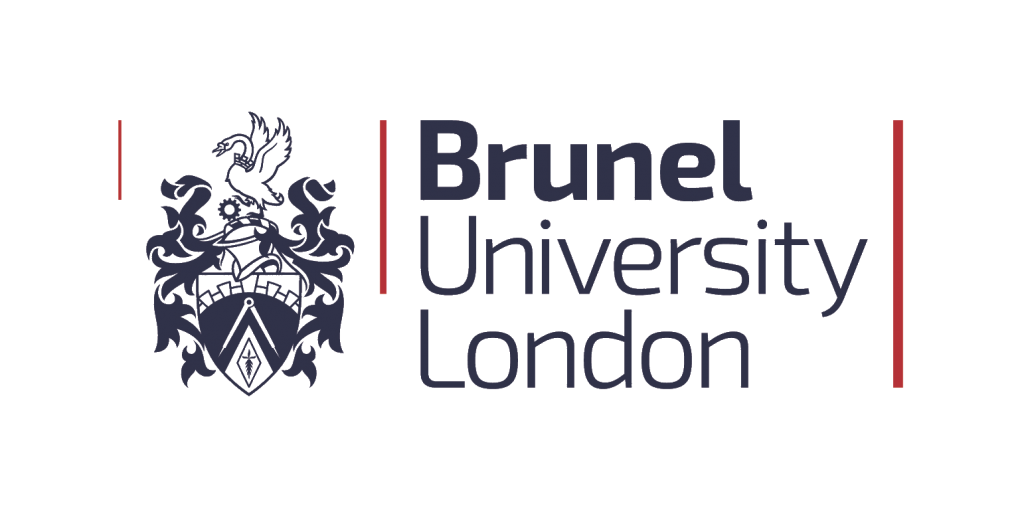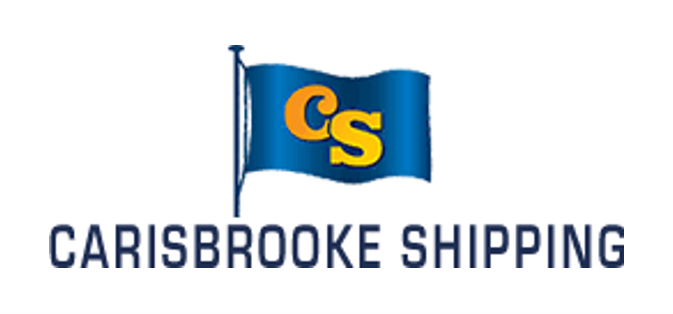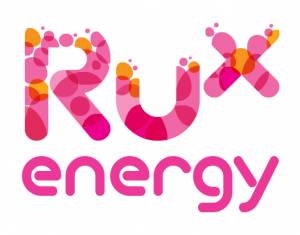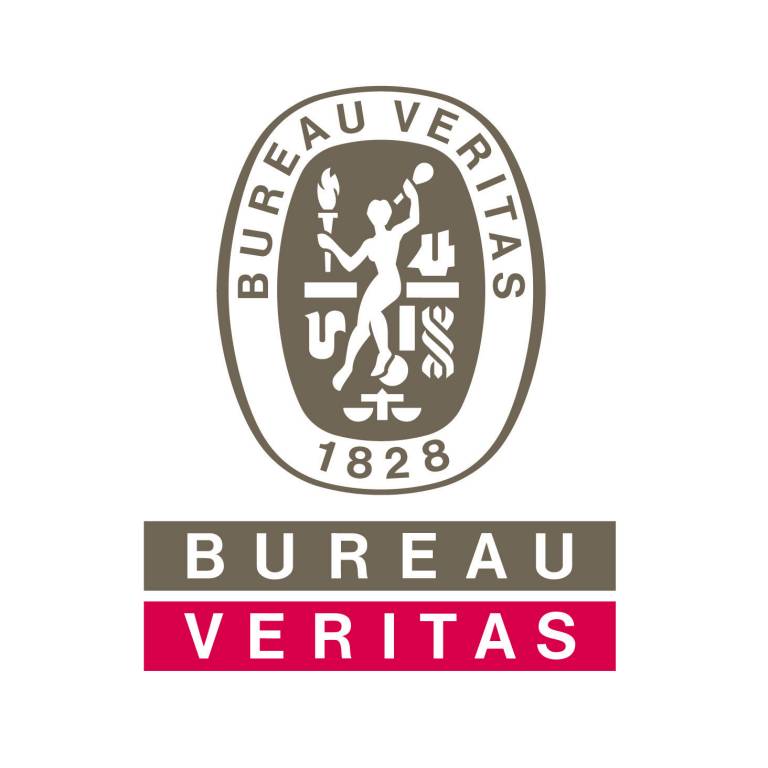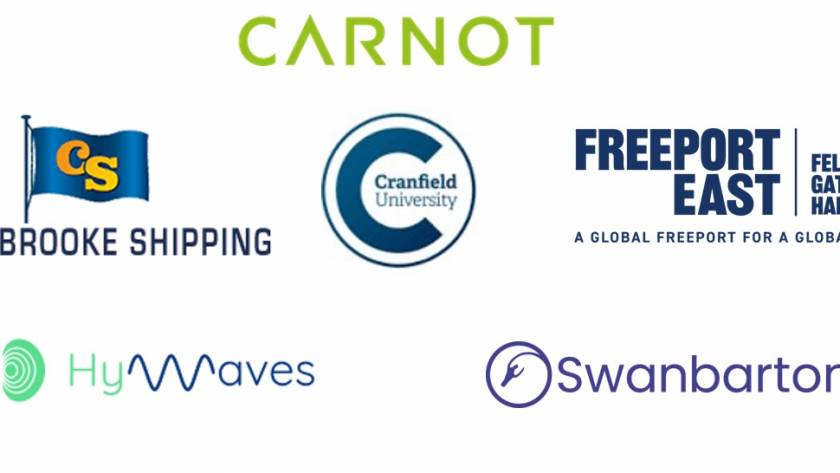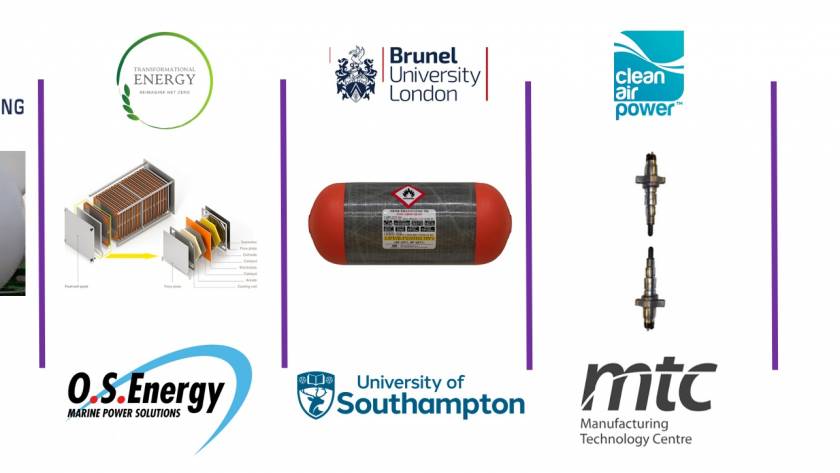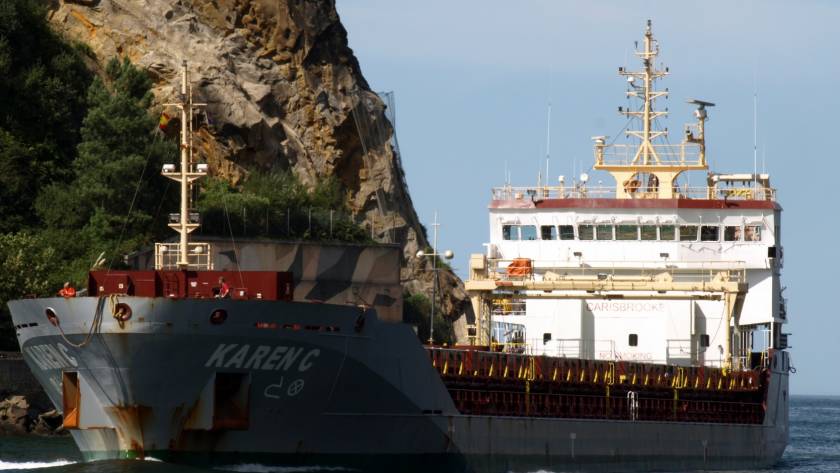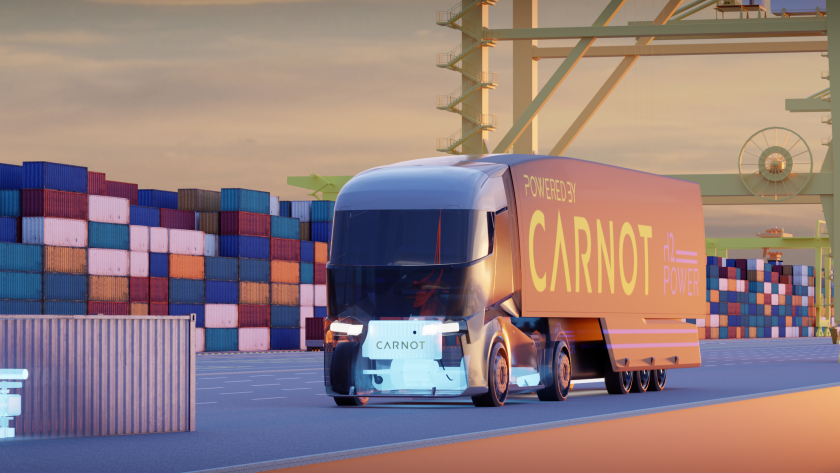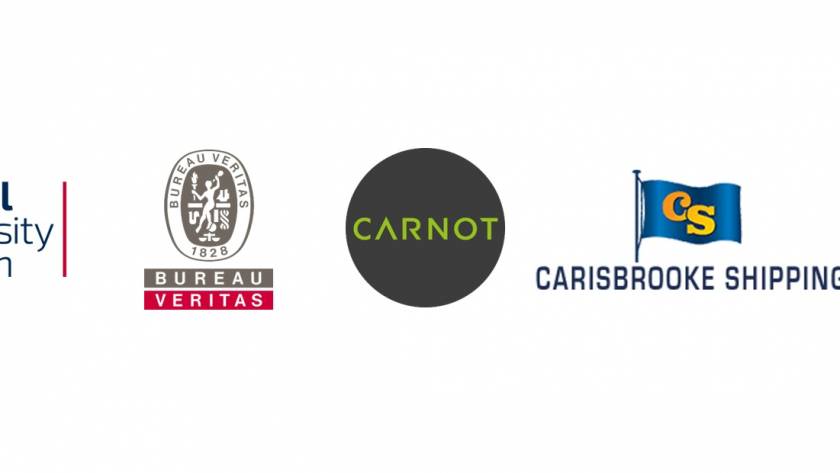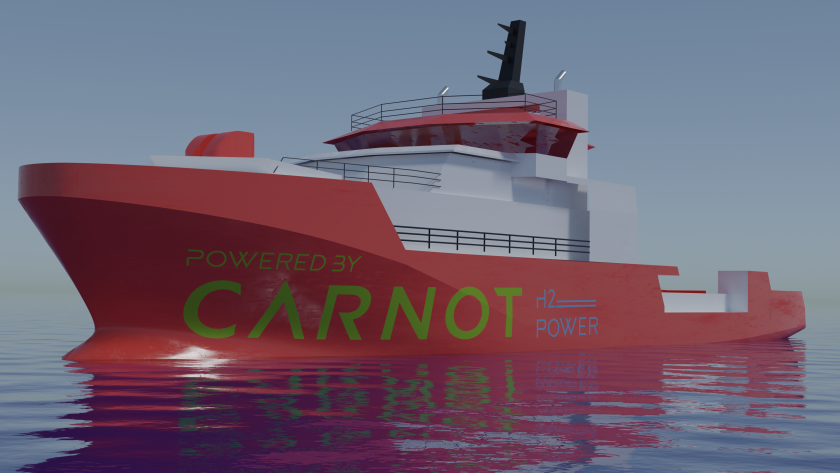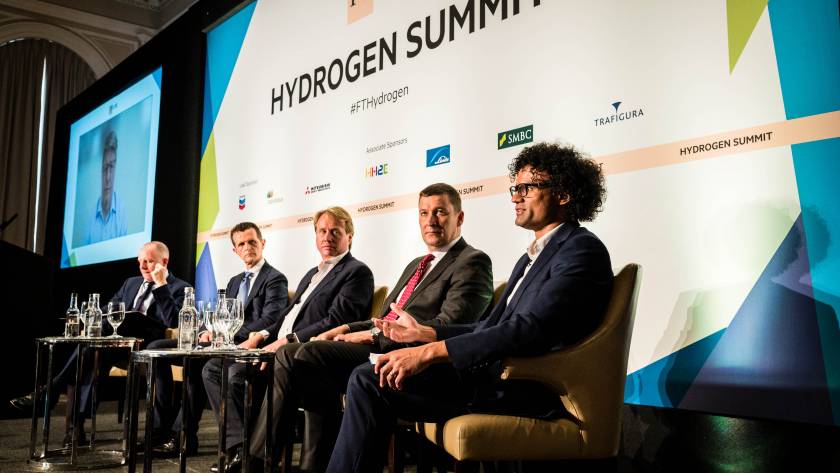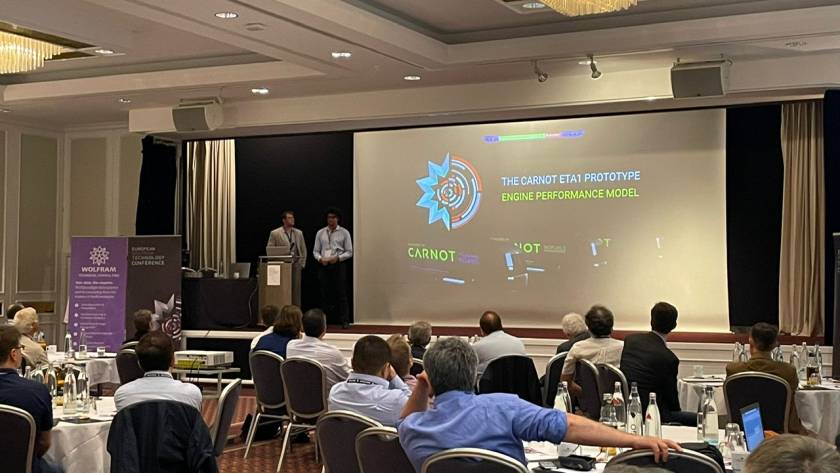Skip to content
Skip to sidebar
Skip to footer
Carnot is leading a £3m grant to decarbonise the largest source of in-port greenhouse gas emissions with a novel Cold Ironing Solution.
When in Port, most vessels use diesel generators to power onboard operations. Globally, this produces around 35Mt of CO2e generated per year and accounts for roughly 60% of total port emissions. This project…
Carnot is leading a consortium which has successfully won a £2.1m grant to decarbonise maritime power using Ammonia fuel.
This grant, part of the Clean Maritime Demonstration Competition delivered by Innovate UK, will develop a novel liquid Ammonia engine concept, delivering unrivalled efficiency whilst eliminating emissions from maritime power. We will be targeting heavy-duty maritime…
Carisbrooke Shipping is a family-owned British shipping company established more than 50 years ago. They have pioneered increasing vessel efficiency and reduced vessel emissions with a continued dedication to innovation and improving vessel design. We have had the great pleasure of working with Carisbrooke Shipping for several years including co-operating on a series of Clean…
We are very excited to launch a £200,000 Crowdfunding round on Seedrs!
This raise will provide us with another years runway, allow us to considerably advance our technical milestones and support our numerous grant projects.
Make sure to have registered with us on Seedrs :
Register on Seedrs
Supported by £4.6m in Grants!
Many of you may be thinking…
Carnot has been awarded £2.3M to develop a zero-emission 50kW Hydrogen auxiliary engine demonstrator in conjunction with our partners Carisbrooke Shipping, Brunel University and the Manufacturing Technology Centre. Following design and simulations, the hydrogen-fired engine will be bench tested in one of Brunel University’s world-leading, hydrogen-approved test cells before being integrated into a containerised system…
Carnot leading a £1.5m Energy Catalyst grant converting rice straw biomass into energy
Carnot is leading a consortium to decarbonise Auxiliary Power in marine applications
We are delighted to announce Carnot is leading a consortium which has won a £500,000 Clean Maritime Demonstrator Competition 2 Grant to develop a Hydrogen/Ammonia fuelled, Auxiliary power unit for the maritime industry. Following the successes from our first CDMC grant, the…
We are very excited to finally share with you our upcoming Seed round! We are raising £2 million to accelerate the next phase in developing the world's most efficient, zero emission, fuel agnostic engine to decarbonise industry, power & transport.
Exciting developments!
We are launching a Seed round now to maximise the impact of two…
Zero emission auxiliary engine
As society becomes increasingly aware of our environmental footprint, global industries are coming under unprecedented pressures to chart a course to a sustainable future. Shipping, the backbone of the global economy, delivers over 90% of global trade or 11 billion tons of goods annually and does so at incredibly low cost…
Archie was recently invited by the Financial Times to speak at their recently Hydrogen Summit. This was a gathering of global leaders involved in the Hydrogen space, discussing everything from hydrogen production, transportation, suitable use cases and the potential impact it could have on decarbonising global activities.
Archie was invited to offer his expertise on…
One of the key reasons for the rapid pace of Carnot's engine development has been our unique approach to development. In order to increase both the quality and speed of innovation, we deploy a wide range of modelling and simulation analysis.
In order to guarantee the highest quality results, we go all the way back to…
We were invited to pitch at the London Tech Week Founders Forum as one of the most exciting UK start-ups currently fundraising. It was a great opportunity to present our technology, meet other start-ups and meet investors during the pitching event.
See Francis Lempp, our Co-Founders, pitching at London Tech Week below:

